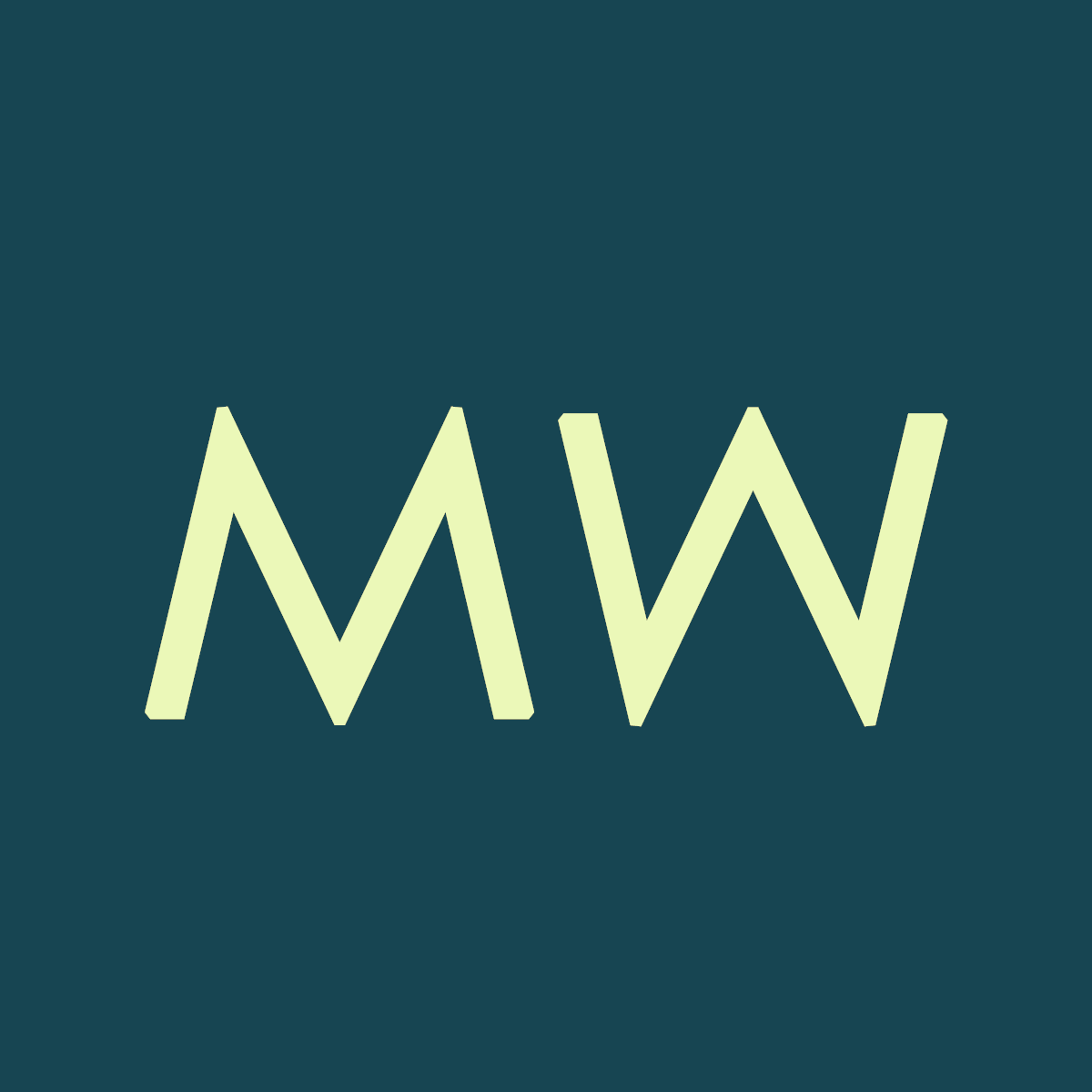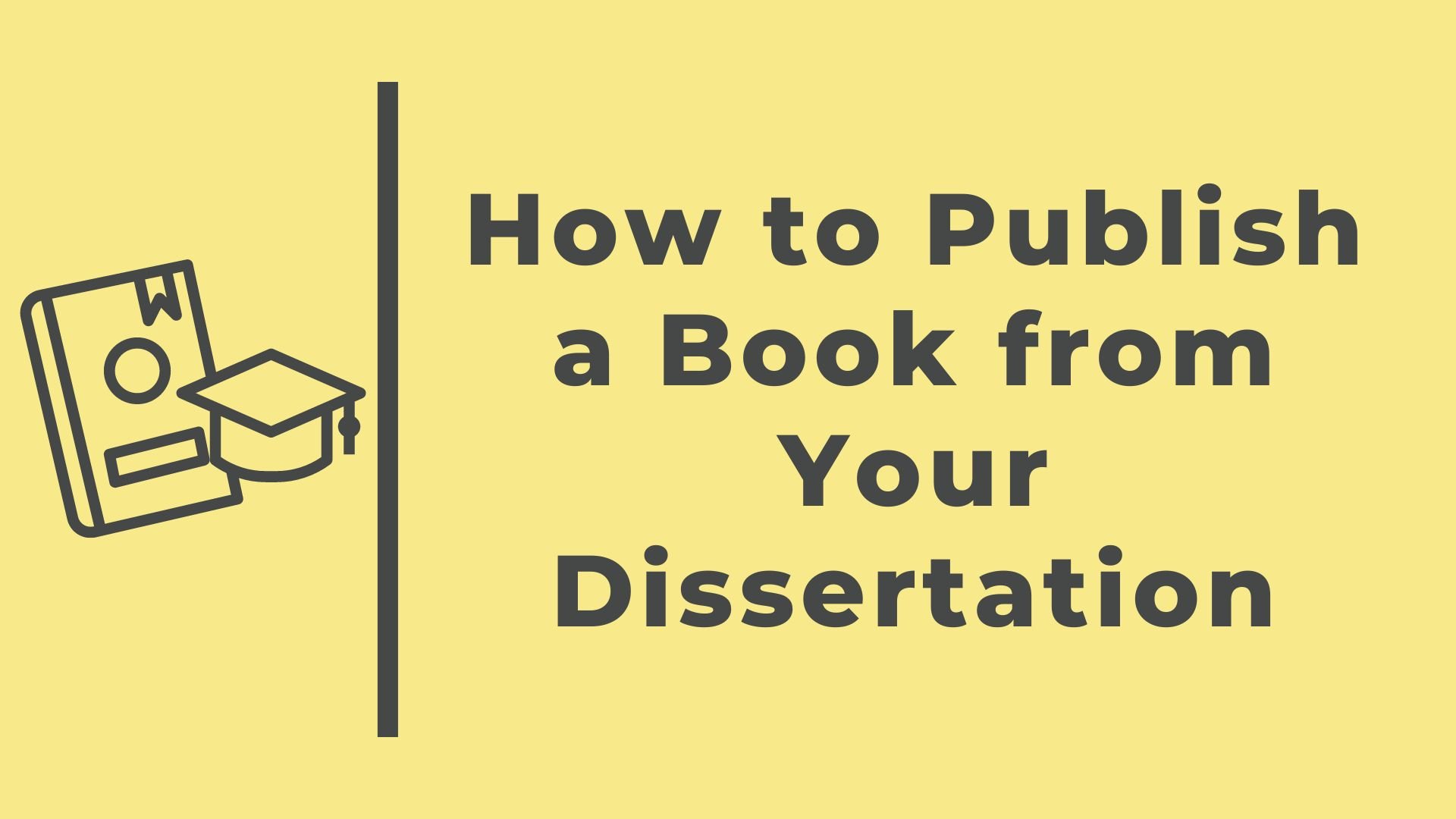If you’re working on a dissertation or you’ve ever written one, you may have heard the advice that “a good dissertation is a done dissertation.” That advice is worth heeding. I think we all start out with ambitions for this major academic project that eventually have to go out the window in order to get the thing done and move on with our lives.
The structural circumstances around dissertation completion often lead to us falling short of what we’d consider our best work. As a consequence, there can be a natural sense of disappointment around what we perceive as the shortcomings of our dissertations. Let me say that again — the disappointment may be natural but the circumstances that lead to it are structural.
Almost everyone who completes a diss does so while being underpaid and overworked. Some dissertation writers are also dealing with the trauma of the academic job market and vast underemployment. So it’s no f***ing wonder that your diss didn’t end up being the beautiful, polished piece of scholarship you might have hoped it would be. It’s easy to take that disappointment and direct it inward as shame, but in fact it’s almost impossible to produce a dissertation that fully meets one’s personal standards.
This is why I kind of love the idea of a book based on a dissertation. I see this book as a do-over. You get to start with whatever good material you were able to get into that diss, but then you also get to step back and think about what you really want your contribution to be. You get to think about who you’re really writing your book for and how you want them to experience it. You may still be dealing with difficult structural circumstances while trying to produce the book, so I don’t want to minimize those, but at least it’s a second shot.
The tricky thing about trying to write a book based on a dissertation is that some publishers say they don’t publish dissertations. They often mean that they don’t publish unrevised dissertations, but sometimes they even say that they don’t want revised ones. Yet empirical evidence points to the fact that most academic presses do publish books based on dissertations. So where is the disconnect happening?
I believe that authors can benefit from learning how to frame and describe their projects so that they are legible to publishers as marketable books. This often means identifying the aspects of your pitch that are setting off “dissertation alarms” for acquisitions editors, and learning how to send different kinds of signals about your work.
I suspect that the scholars who are successful at getting their revised dissertations published as books are the ones who—consciously or otherwise—have been able to master this part of the hidden curriculum. And they have probably gotten some help along the way, because it’s not something we can all just magically intuit how to do.
My free webinar “How to Publish a Book from Your Dissertation” is an attempt to demystify this aspect of scholarly book publishing. In the webinar, I:
Decode what publishers mean when they say they don't publish dissertations
Explain what scholarly book publishers are looking for in new projects
Identify key changes you may need to make to your dissertation to turn it into an appealing book manuscript
Point out red flags that may signal to acquisitions editors that your dissertation is not ready to become a book
This webinar is intended for anyone who would like to publish a book based on their dissertation (and anyone who mentors dissertation revisers). It focuses on publishing with a university press or other academic publisher.
This is not a “here are the steps to revising your dissertation into a book” presentation. There are good resources out there for that (and I point to some of them during the webinar), but the focus here is on how to think and talk about your project in order to effectively connect with publishers, versus how to write your book manuscript.
The presentation does not explicitly cover trade publishing or seeking representation from a literary agent, which is not necessary to publish with a university press or other academic publisher. However, I do answer questions about trade publishing during the Q&A which may help if you are trying to decide which path is right for you.

